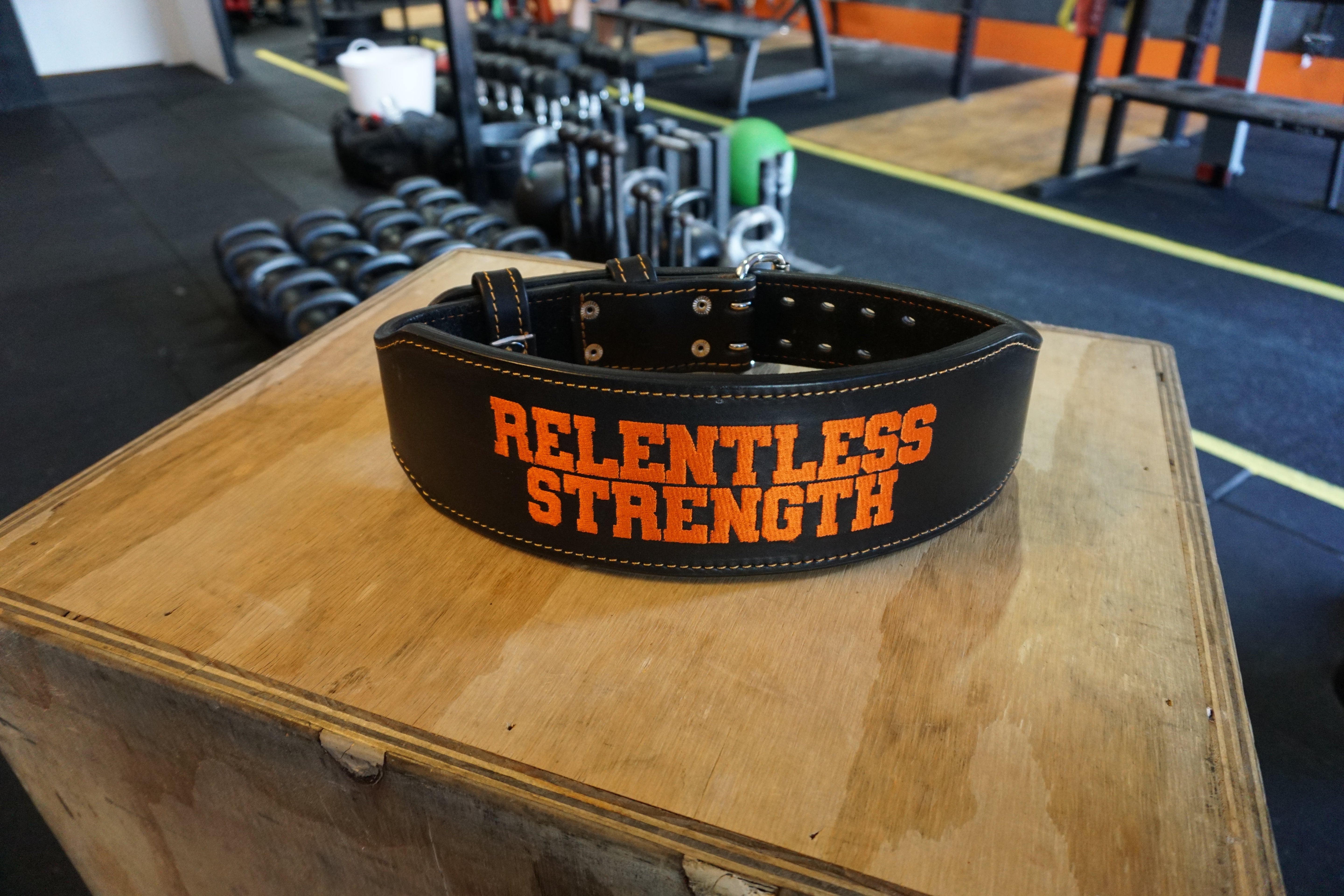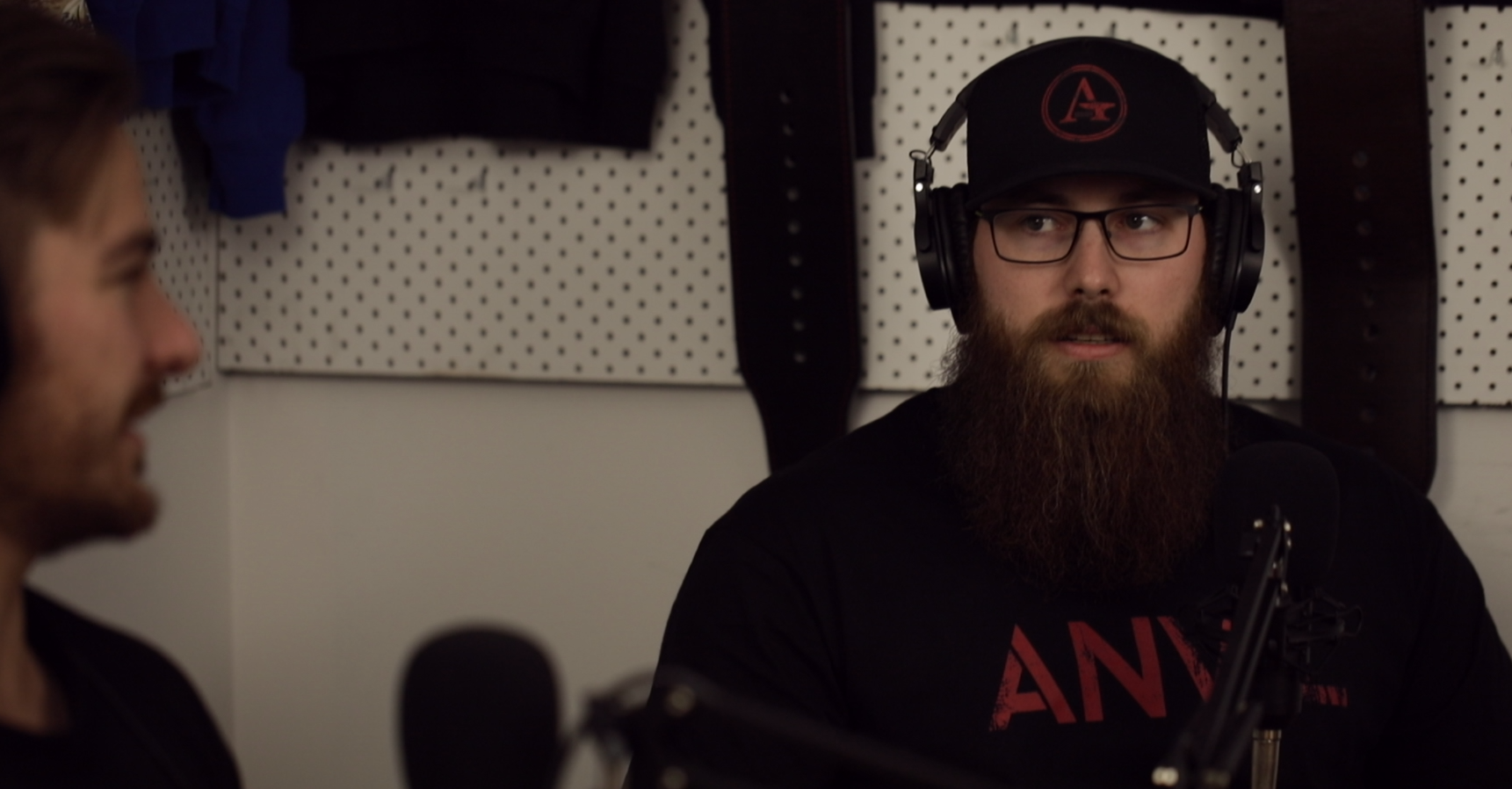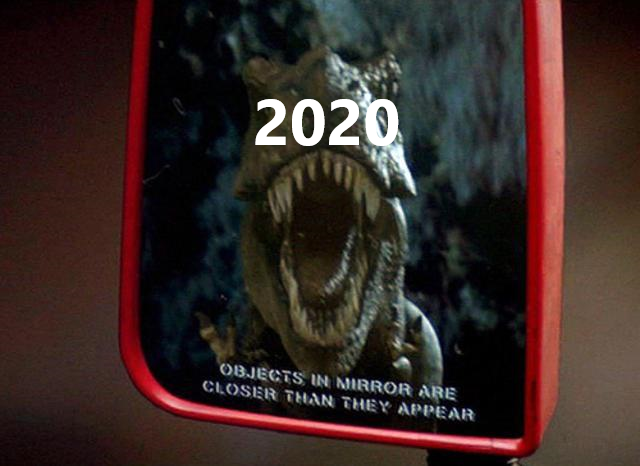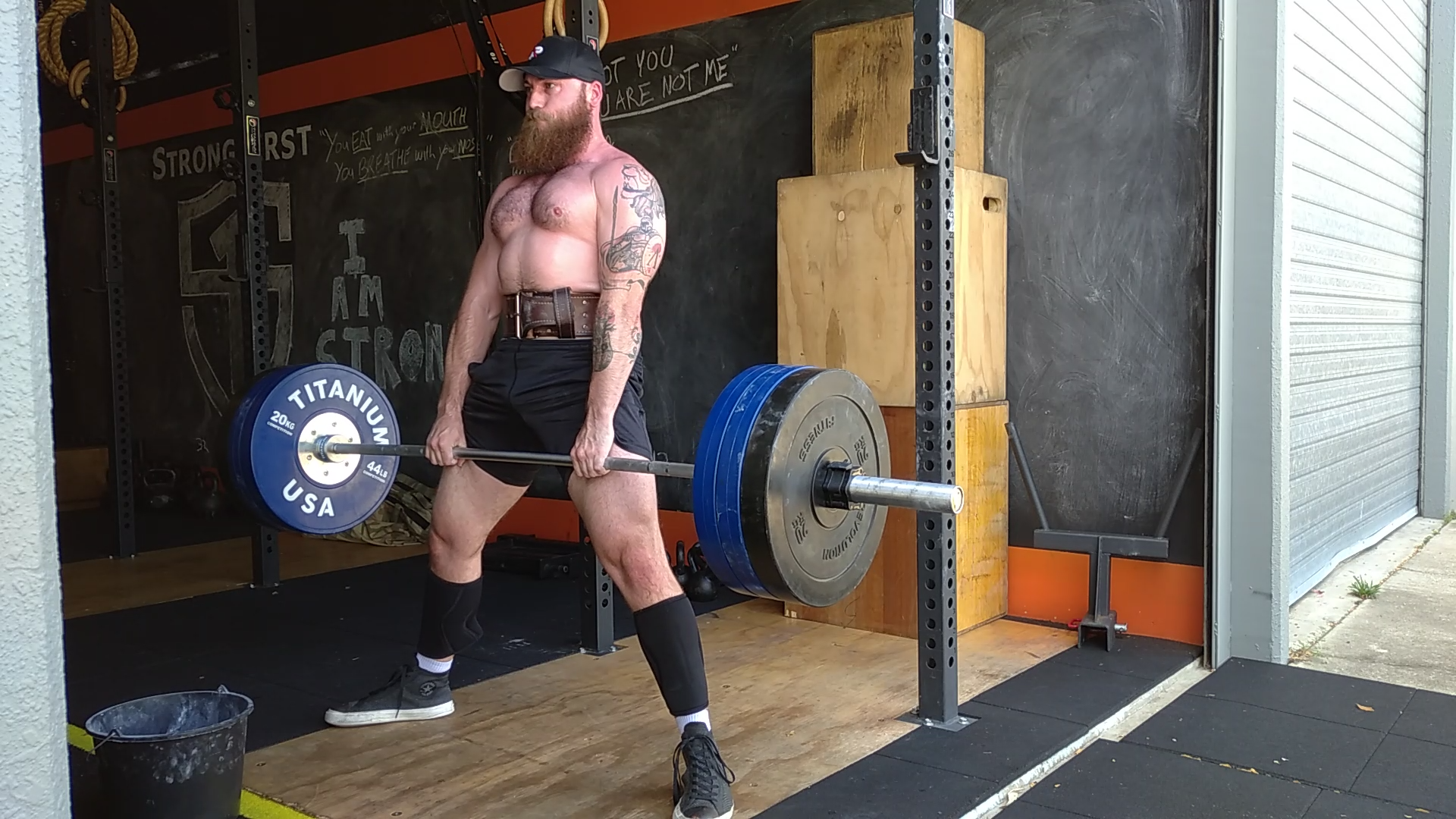All Articles
If who I am talking to can’t understand what I’m saying, it is entirely my fault. You will never be an effective communicator if you can’t take ownership for your audience’s level of understanding. The worst communicators in the world are those that blame their audience for not understanding what they have to say. When this happens, they immediately create an ‘us-and-them’ mentality. The dialogue becomes a competition, or worse, an argument. In an argument, somebody “loses”. This is the opposite of what good communication should look like.
If you’ve read any of my previous articles, you’ve probably seen me mention growth mindsets. I’ve already written an article on the mindset required to make progress in a training context, and realistically, I’m going to be repeating most of the same content, but within a different context in order to hopefully make it applicable to anyone aspiring to, or already within, a leadership position. I want to be very clear about this, though. I can’t hammer this point home enough: In everything, you should constantly strive to adopt a growth mindset over a fixed one.
In this article, I will go through the principles and practices that have guided me as I have navigated the treacherous road of leadership - both in the military and out. As an infantry soldier, I received some of the best leadership training in the world - designed to give me the tools I needed no matter how dire the situation.
This may not be the definitive edition of leadership positions, but it is the guide I use. I guarantee that at any point in your life, you will be exposed to people who could be bosses, role models, coaches, or mentors. It is important to your personal success to be able to assess these individuals as managers and as leaders. Did you choose them or not?
In my experience, there are a disproportionate amount of bad leaders. This will never change unless the quality of junior leadership is acknowledged, as leadership habits are learned very early on and are developed, for better or worse, over the course of an entire career or working life. By the time someone reaches a management or executive level position, many of their habits are too ingrained to change, if they ever make it there in the first place.
It’s the time of year where we wrap up our articles, and look back on the year - wins, losses, lessons learnt and changes made. I guess if I was to summarise the year of 2020; what the fuck?
Everyone who has ever attempted a training program based around the Squat, Bench and Deadlift will have an opinion regarding each of them. Some of the most accomplished powerlifters and powerlifting coaches in the world could spend hours explaining to the average lifter why their favourite lift is the best, the hardest, or the lift worthy of the most attention. Despite this, the deadlift seems to consistently rise to the top of training circles as the King of the Lifts. Why?


















